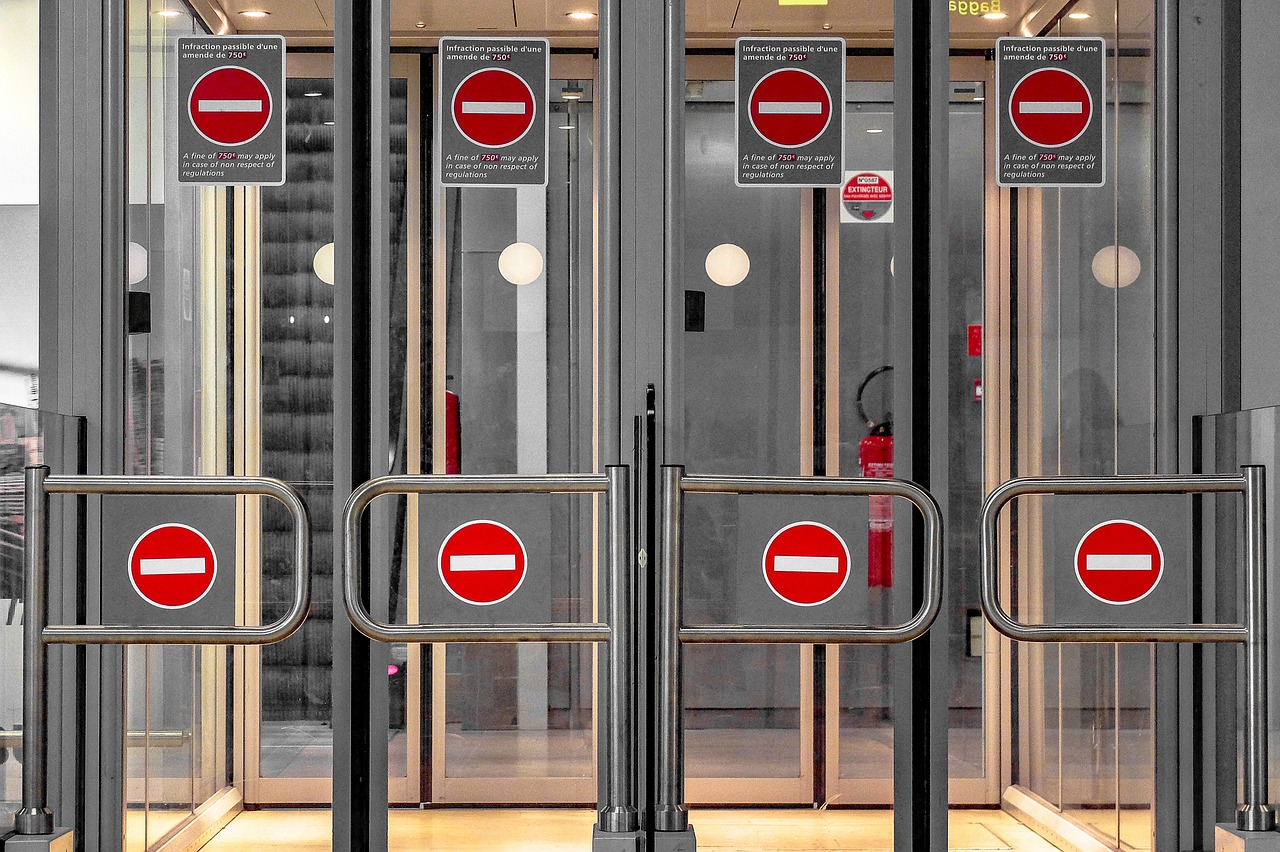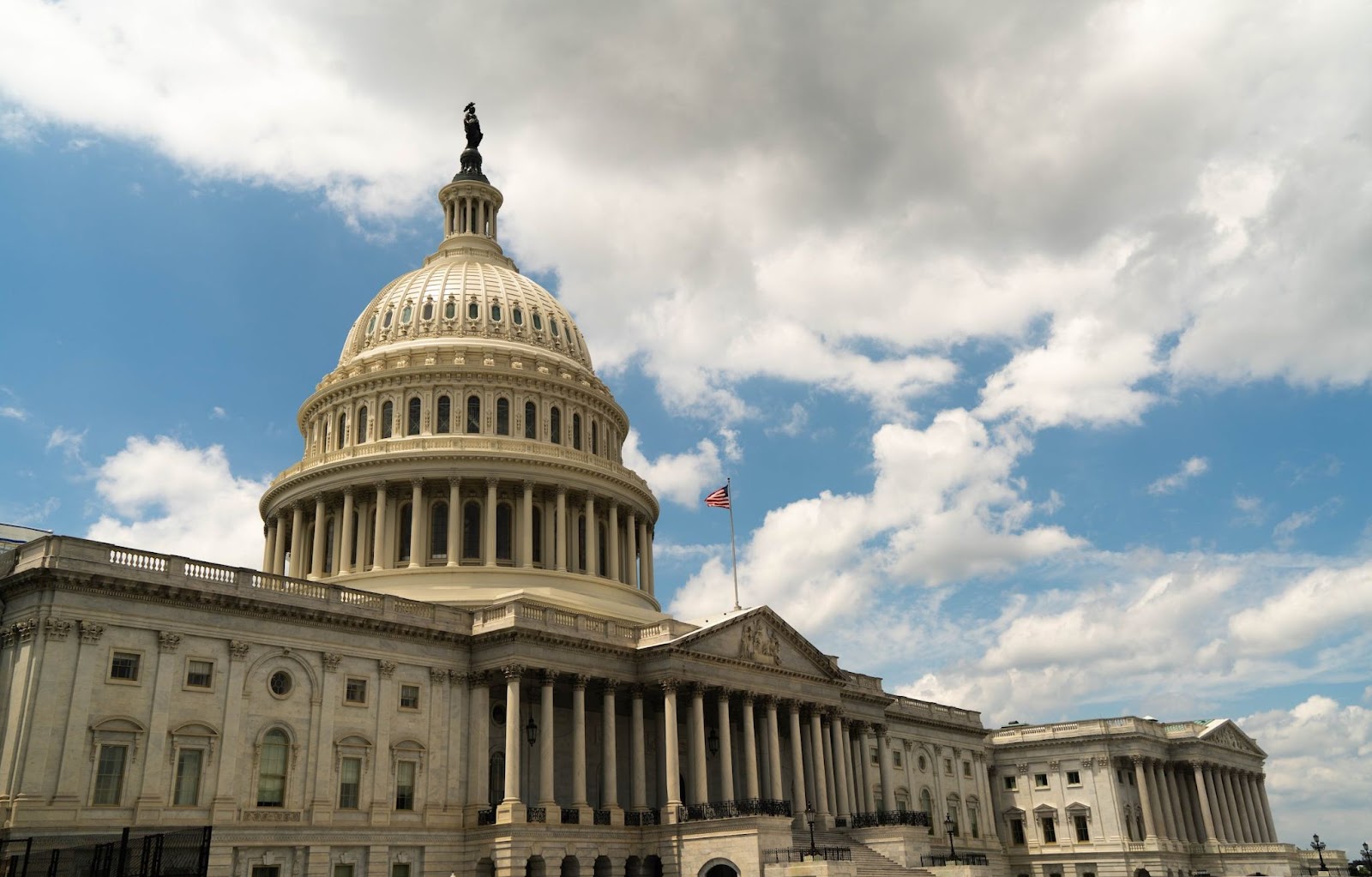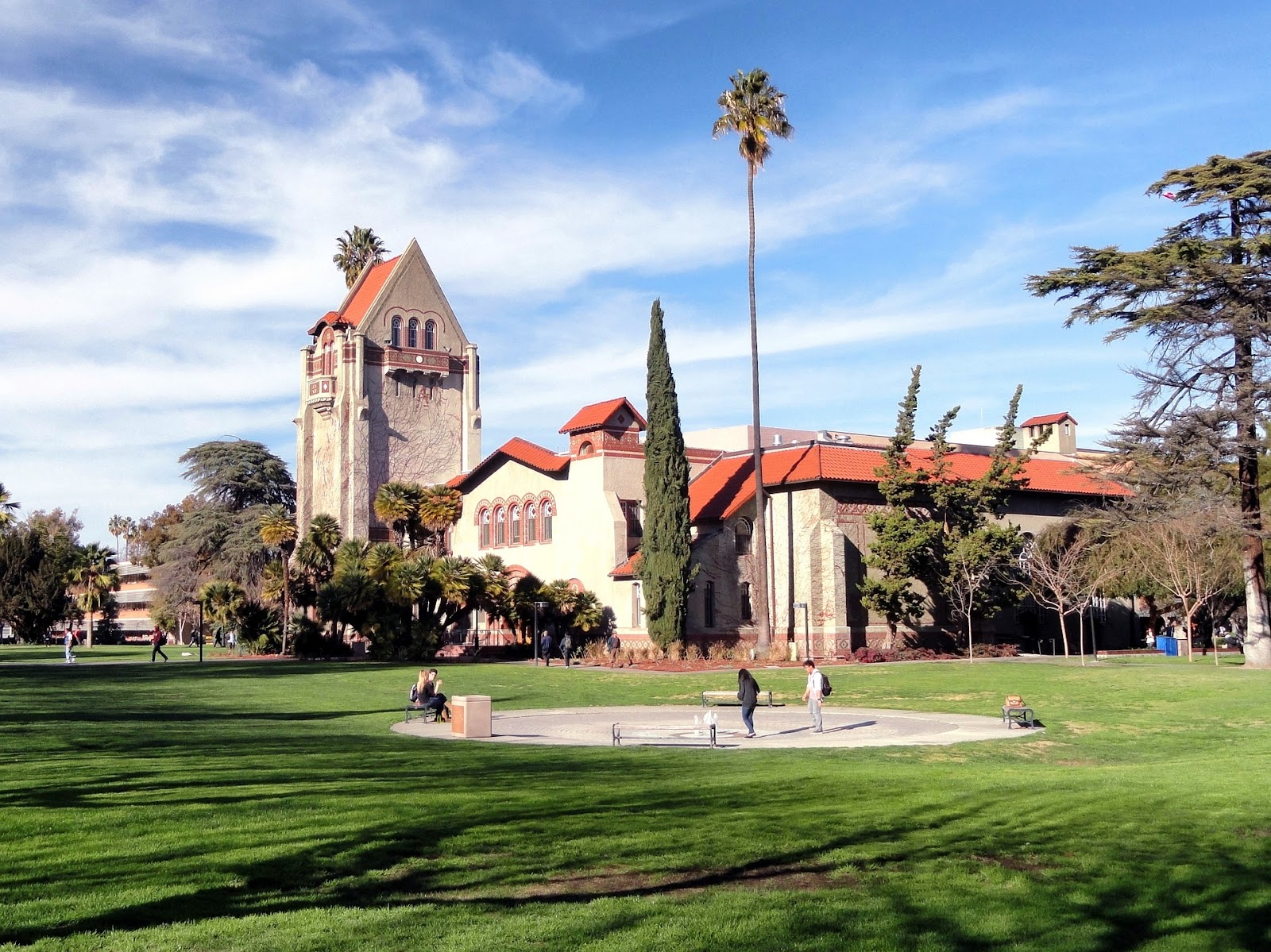Significance of Assembly Bill 1228 for Fast-Food Workers
In an unprecedented development, California is poised to significantly elevate the minimum wage for fast-food workers to $20 per hour by Spring 2024. This considerable increment stems from the passage of Assembly Bill 1228, ratified by Governor Gavin Newsom in September 2023. This legislative action propels the minimum wage from its previous standard of $15.50 per hour, thereby positioning California’s fast-food workers as some of the highest earners in their industry throughout the United States.
Implications for Consumer Pricing and Business Models
A critical aspect of this wage increase revolves around its potential implications for consumer pricing. Prominent fast-food chains, such as McDonald’s and Chipotle, have signaled the possibility of adjusting their menu prices in response to the augmented labor costs in California. This scenario is reflective of a larger, national tendency where businesses are recalibrating their pricing strategies to accommodate wage increases.
The rationale behind this wage hike is closely linked to the escalating living expenses, particularly in California. Numerous workers in the fast-food sector face economic hardships, with earnings that hover at or below the federal poverty threshold. Consequently, Assembly Bill 1228 is perceived as an essential measure to ensure that these employees receive a living wage commensurate with the high cost of living in the state.
This initiative is indicative of a broader movement in California, focusing on the enhancement of workers’ rights and financial security. Governor Newsom has also enacted legislation benefiting healthcare workers, underscoring a statewide commitment to ameliorating working conditions and compensation across diverse sectors. The wage increment in the fast-food industry could potentially establish a benchmark for other fields, potentially initiating a domino effect of wage increases throughout California’s economy.
While this wage hike represents a positive stride for workers, it introduces several challenges for employers, particularly those operating small businesses. The increase in wages may result in escalated operational costs, necessitating adaptations in their business models. Moreover, there is ongoing debate regarding the broader economic repercussions of these changes, encompassing potential impacts on employment rates and the sustainability of businesses.
Broader Economic and Social Reforms
Elevating the minimum wage to $20 for fast-food workers in California marks a substantial step towards addressing income disparity and the elevated cost of living in the state. This move reflects an increasing acknowledgment of the challenges confronting workers in low-wage industries and the necessity for policies that promote a living wage. As California spearheads this initiative, it will be intriguing to observe the responses from other states and to assess the long-term effects on both the fast-food sector and the wider economy. This policy not only aims to improve the financial wellbeing of a significant labor segment but also serves as a potential catalyst for broader economic and social reforms.





































































































































































































































































































































